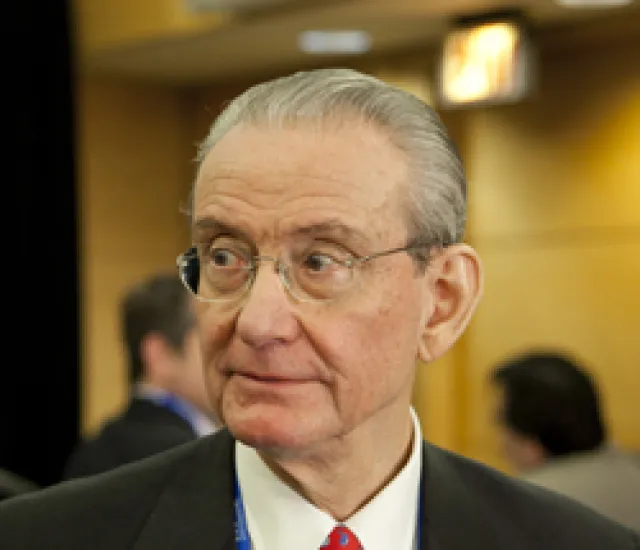
William Rhodes's Life Of Debt
Citigroup’s William Rhodes has plenty of tales to tell. For one, how he publicly shamed Fidel Castro in the pages of Institutional Investor, which resulted in a long-promised box of Cohibas. Rhodes discusses his debt-filled life with II International Editor Tom Buerkle.
Tom Buerkle
May 7, 2011


